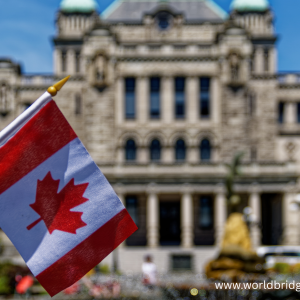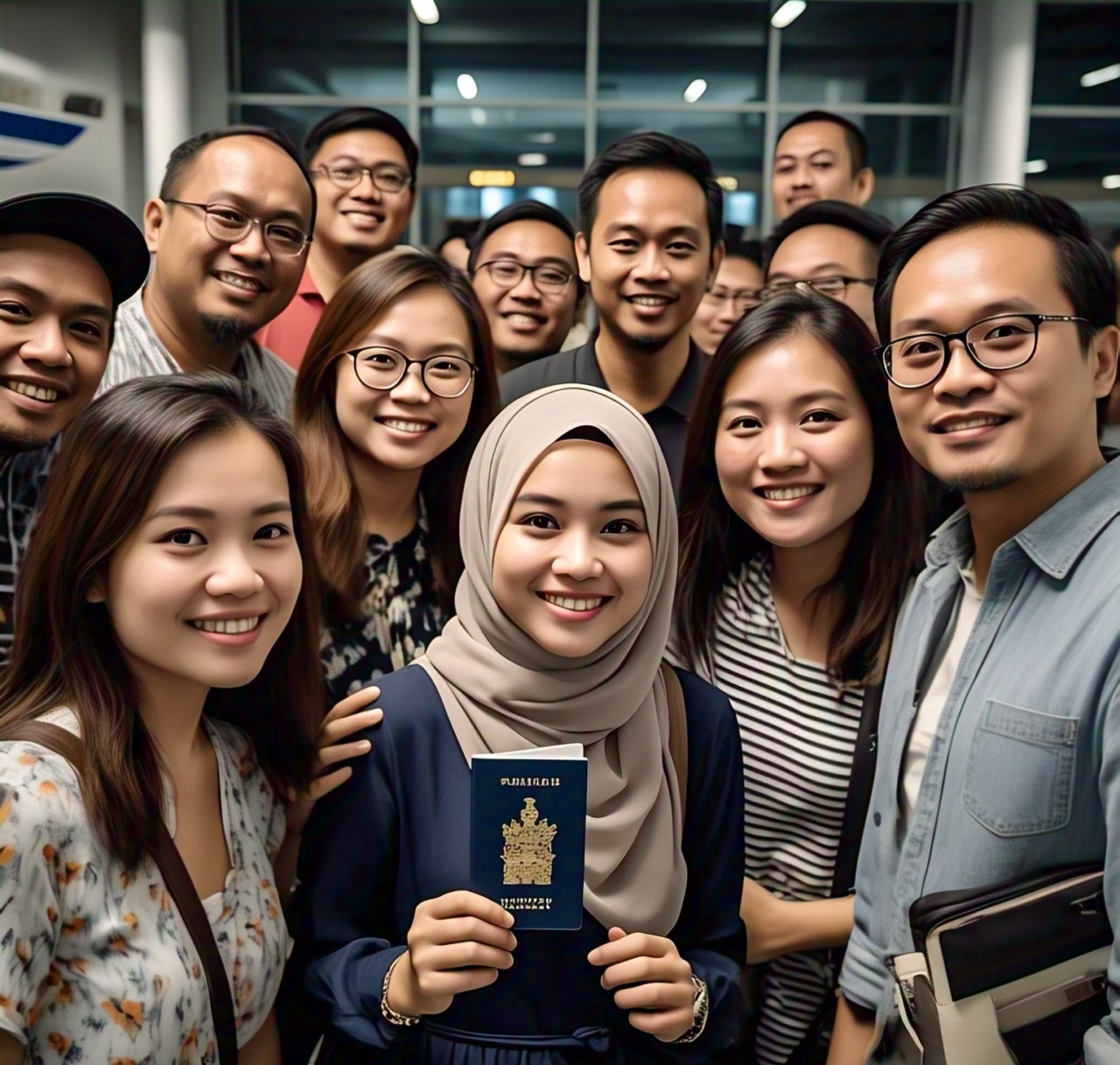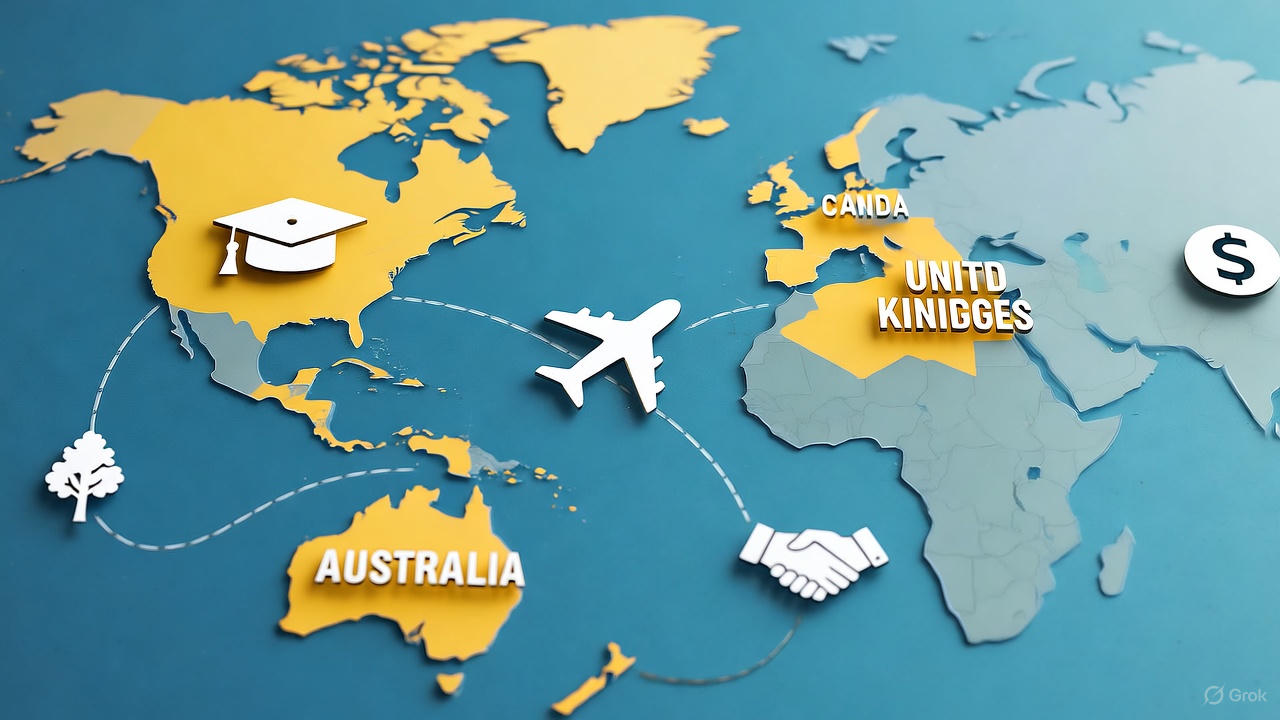In October 2025, Canada’s Immigration, Refugees and Citizenship Canada (IRCC) confronted intensified scrutiny over how it handles international student fraud and non-compliance, particularly relating to applicants from India. These hearings before the House of Commons Standing Committee on Citizenship and Immigration revealed evolving enforcement priorities, systemic challenges, and implications for prospective students. Below is a deep dive into the key takeaways and what they mean going forward.
Key Revelations from the Hearings
1. Potentially Non-Compliant” Students: The 47,000 Flagged Cases
Aiesha Zafar, Assistant Deputy Minister for Migration Integrity at IRCC, testified that of the cohort of international students asked to provide compliance information, about 8 percent or 47,175 individuals were flagged as “potentially non-compliant.”
- “Potentially non-compliant” is not synonymous with confirmed fraud or illegal status; rather, these are cases where institutions reported that students ceased contact, failed to attend classes, or otherwise triggered compliance concerns.
- The IRCC emphasized that verification is ongoing, and many of these cases may resolve to lawful explanations (e.g. transfers, authorized leaves).
- Once flagged, cases may be shared with Canada Border Services Agency (CBSA) for further enforcement action.
The scale tens of thousands signals a pronounced intensification in IRCC’s monitoring and enforcement posture.
2. India as a Focal Country
When pressed by Conservative MP Michelle Rempel Garner about which countries rank high in fraud or non-compliance, Zafar named India among the top source countries.
- In fact, during “no-show” audits in spring 2024, Indian nationals accounted for the largest share of students flagged for failing to enroll 19,582 out of 50,000 reported cases.
- According to IRCC data, among Indian students, the compliance rate is approximately 91.1%, leaving 5.4% non-compliant or unreported.
- The prominence of India is partly a volume effect: India continues to supply a large share of international students to Canada.
Thus, IRCC’s heightened attention toward Indian applicants may reflect both the statistical risk as well as the scale of India’s presence in Canada’s international education ecosystem.
3. Gaps in Oversight and Reporting Mechanisms
The hearings also exposed structural weaknesses in Canada’s current framework for tracking student compliance:
- IRCC depends heavily on institutional reporting: schools and Designated Learning Institutions (DLIs) are obligated to alert IRCC when students cease attendance. If institutions don’t report or delay reporting, non-compliance can go undetected.
- IRCC has no independent real-time mechanism to detect students who vanish or drop off the radar beyond institutional reporting.
- Enforcement and follow-up primarily rest with CBSA, which must investigate and locate students internally a reactive rather than proactive system.
- Disparities in reporting schedules and standards across institutions make consistent oversight difficult.
The hearings underscored that while IRCC is pushing harder on detection, the system remains reliant on intermediaries (schools) and retrospective review.
4. Institutional Accountability and Consequences
To strengthen compliance, IRCC is now expanding the powers and expectations placed on educational institutions:
- New rules may allow suspension of DLIs that repeatedly fail to report or comply with obligations.
- Colleges and universities are under pressure to refine their admissions, agent oversight, document verification practices, and communications with IRCC.
- Some institutions in India and Canada reportedly have already tightened scrutiny over academic transcripts, test scores, and agent conduct to reduce fraudulent applications.
In effect, IRCC is signaling that not only student behaviour but institutional practices will come under sharper regulatory gaze.
5. Impacts and Trends in Denial Rates
Several downstream effects are already observable in Canada’s study permit landscape:
- The refusal rates for study permit applications have surged, reaching their highest levels in over a decade.
- For Indian applicants in particular, the situation has been stark: in 2025, between January and July, only ~52,765 study permits were issued — a steep drop from 188,255 in the same period of 2024.
- Canada’s 2025–2027 immigration plan seeks to reduce the proportion of temporary residents in the overall population, exerting additional pressure on permit volumes.
For prospective Indian students, these trends suggest a more cautious, rigorous, and risk-averse admissions environment.
What This Means for Prospective Indian Students
Given the trajectory emerging from the October 2025 hearings, several practical implications merit attention:
- Stricter vetting will become the norm
Students should expect more rigorous scrutiny of academic records, language test results, gap years, and agent credentials. Marginal or ambiguous cases may be at higher risk of refusal. - Maintain compliance post-arrival
Even after a successful permit issuance, students must diligently attend classes, keep institutions informed of changes (e.g. transfers, leaves), and abide by work and enrolment rules. Any breach may trigger enforcement. - Stay at institutions that report properly
Choosing a DLI with strong compliance practices and a reputation for integrity may reduce risk of falling into non-reporting gaps. - Be wary of fraudulent offers and agents
Fake acceptance letters and misrepresentations remain a known avenue for abuse. Prospective students should verify directly with institutions and avoid unauthorized intermediaries. - Monitor policy shifts closely
Given Canada’s evolving regulatory posture, students should keep abreast of IRCC updates, rule changes to DLIs, and institutional reporting expectations.
Broader Implications and Reflections
- Balancing access and integrity
Canada continues to rely heavily on international students for revenue, talent pipelines, and institutional viability. Yet rising concerns about fraud and non-compliance force a delicate balance: tighter controls risk deterring legitimate applicants. - Systemic reform is required
The hearings hint that incremental enforcement is insufficient. Canada may need more proactive tracking, data analytics, and cross-institutional synchronization to prevent abuse before it proliferates. - Reputational stakes for Indian education networks
Because India is frequently named in these discussions, educational consultancies, issuance of fake documents, and institutional ethics in Indian recruiting markets will come under growing scrutiny—both from students and Canadian regulators. - Potential ripple effects to other source countries
While India is currently in focus, IRCC’s broader strategy may extend similar scrutiny to other high-volume source nations, raising the bar across the board.
Let Worldbridge Immigration Services be your guide to a successful future in Canada
Contact us:
Website: www.theworldbridge.ca
Email: info@theworldbridge.ca
Phone/WhatsApp: +1-416-727-7766
Social media: @worldbridgeHQ

















